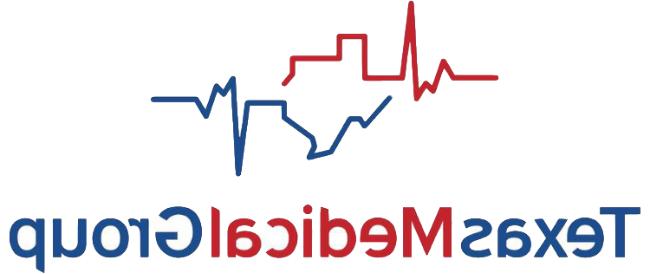
Technological advancements in healthcare have helped improve access to, 选项, 以及护理的便利性. Healthcare delivered via telecommunication technology (telehealth), has become an increasingly popular and viable option for patients, 特别是在2019冠状病毒病大流行之后. 然而,, 即使有了这些进步, certain aspects of traditional medical care remain vital, 包括知情同意.
Informed consent is a process that is used to educate patients about proposed treatments and procedures, 它们的潜在利益和风险, 还有其他选择. The level of detail involved in the informed consent process should depend on the complexity of the procedure or treatment and its associated risks. Minor procedures may require only a simple discussion of risks, while complicated procedures will likely involve a more detailed process. 不管知情同意的范围, the process plays a crucial role in patients’ rights to autonomy and to make educated decisions about their healthcare.
The importance and value of informed consent applies to telehealth just as it does to traditional, 亲临医疗护理. 然而, 在远程医疗, the informed consent process also should take into account risks specific to the delivery of care using telecommunication technologies.
A 健康法律顾问 article addressing informed consent 在远程医疗 states that “in the practice of telehealth, 依赖不完善的技术工具, 还有“距离”因素, can propel otherwise routine treatments into a higher risk category.”1 具体地说, risks associated with telehealth include technological glitches and failures (including transmission errors), 与技术相关的隐私和安全问题, 以及缺乏实际的病人评估.
When telehealth became a feasible option for healthcare delivery, some states implemented informed consent laws specifically addressing telehealth. 然而, like other aspects of telehealth regulation, informed consent laws vary among states. For example, some states may require written informed consent, while others permit verbal consent.
| COVID-19与远程医疗 |
|---|
由于COVID-19大流行, some states waived or relaxed their requirements related to telehealth-specific informed consent, such as not requiring providers to obtain consent for each encounter. These waivers will likely end when the pandemic is no longer considered a public health emergency.2 |
即使在没有国家指导的情况下, telehealth providers should carefully consider their informed consent processes because “failure to properly obtain a patient's informed consent before initiating telehealth services can increase a provider's risk of facing consent-based negligence claims . . .”3
Whether developing a separate informed consent process or modifying an existing process to cover telehealth, healthcare providers should consider including the following elements (in addition to any state-required information):
- The names of all involved healthcare providers with their credentials and locations, as well as any other staff that may help facilitate the telehealth service
- A description of the telehealth service that will be performed and the technology that will be used
- 治疗和护理的备选方案
- Any risks specifically related to the electronic nature of the care delivery (e.g.(技术中断、失败或限制)
- Specific security and privacy measures that have been implemented as well as any increased privacy risks relative to the telehealth technology
- 持续护理的计划, including details about who is responsible for various aspects of the patient’s care
- A plan for alternative care in the case of an emergency or technological malfunction
All providers involved in the telehealth program should have a clear understanding of the informed consent process, and — as with traditional informed consent — the process should be documented in each patient's health record.
To learn more about state-specific requirements for telehealth and informed consent, 请参阅互联健康政策中心 同意的要求 网页. For more risk management strategies related to the informed consent process, see MedPro Group's 知情同意的风险管理策略 指导方针.
尾注
1 奥多姆,B. (2013年6月19日). 主动接近远程医疗知情同意. 健康法律顾问. 从检索 www.healthlawadvisor.com/2013/06/19/proactively-approaching-telehealth-informed-consent/
2 互联健康政策中心. (n.d.). COVID-19:放宽同意要求. 从检索 www.cchpca.org/topic/easing-consent-requirements/
3 奥多姆, 主动接近远程医疗知情同意.
This document does not constitute legal or medical advice and should not be construed as rules or establishing a standard of care. Because the facts applicable to your situation may vary, 或者您所在司法管辖区适用的法律可能不同, please contact your attorney or other professional advisors if you have any questions related to your legal or medical obligations or rights, 州或联邦法律, 合同的解释, 或者其他法律问题.
MedPro Group is the marketing name used to refer to the insurance operations of The Medical Protective Company, 普林斯顿保险公司, PLICO, 公司. 和MedPro RRG风险保留组. All insurance products are underwritten and administered by these and other Berkshire Hathaway affiliates, 包括国家消防 & 海上保险公司. Product availability is based upon business and/or regulatory approval and/or may differ among companies.
©2020 MedPro Group 公司. 版权所有.
